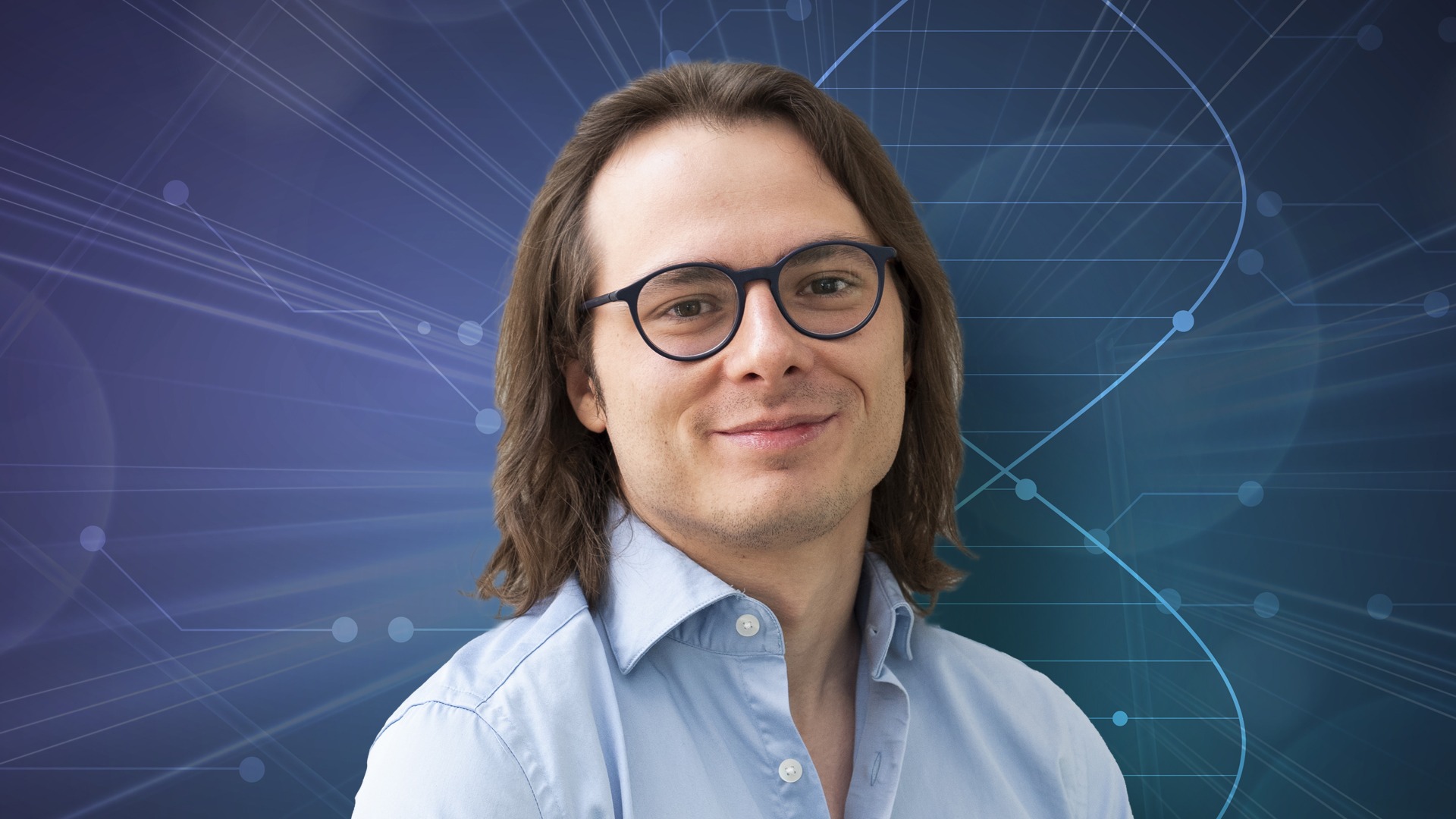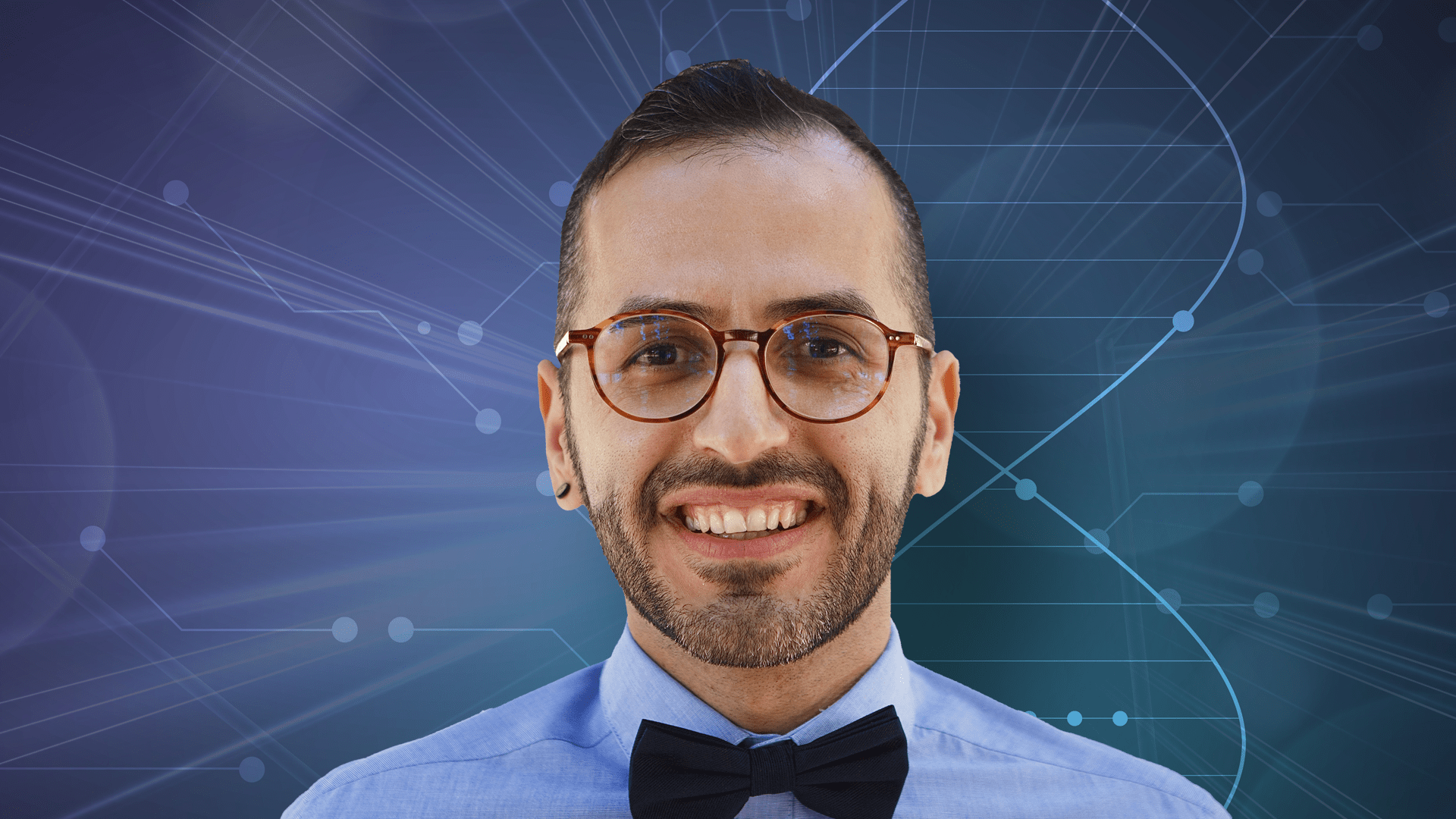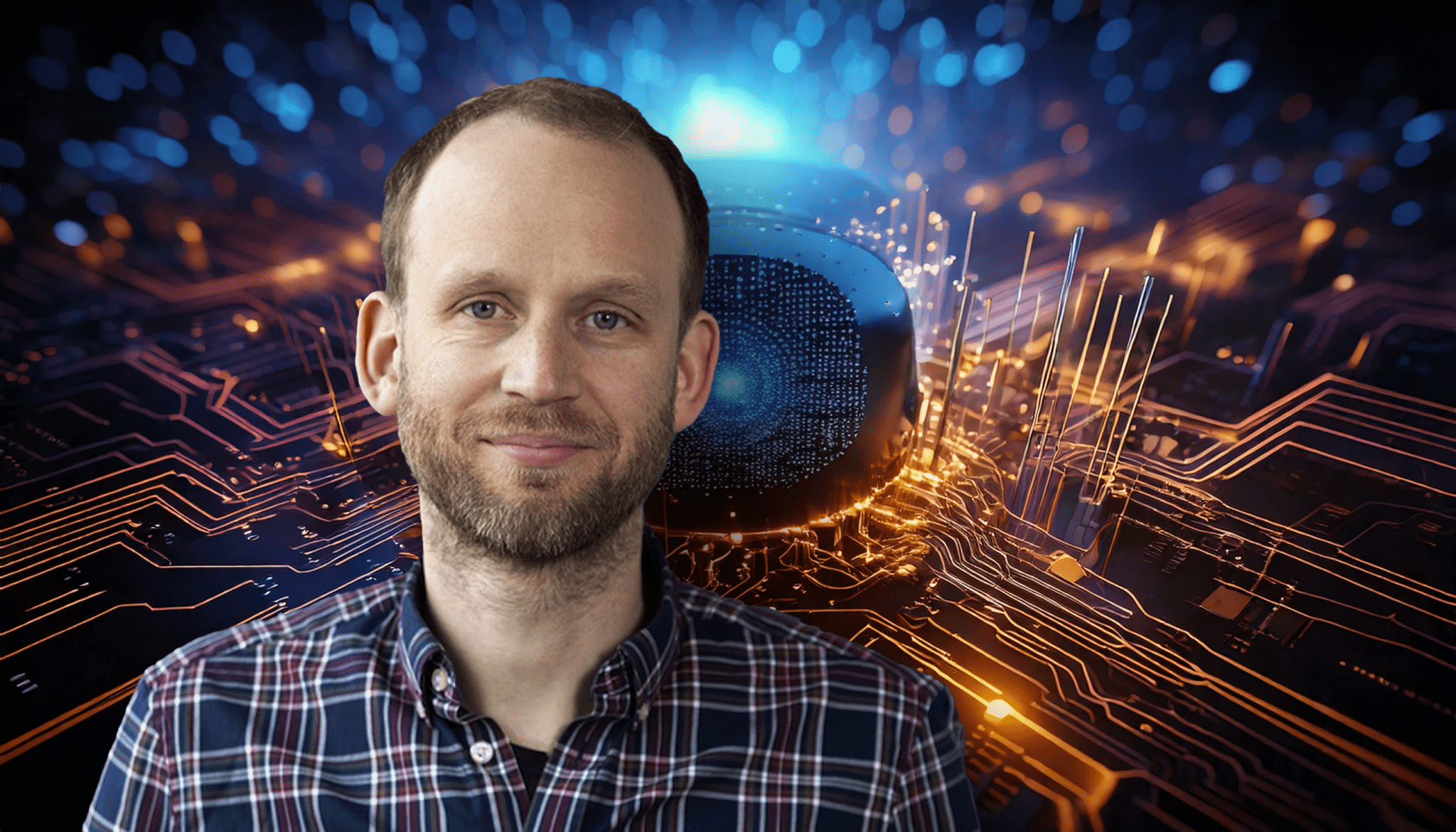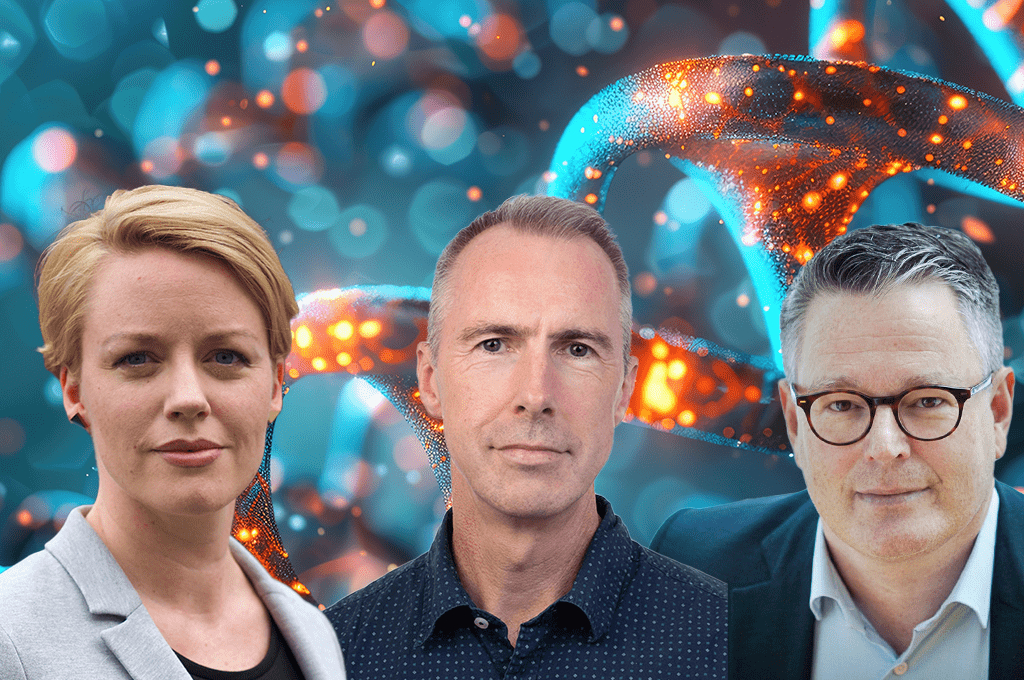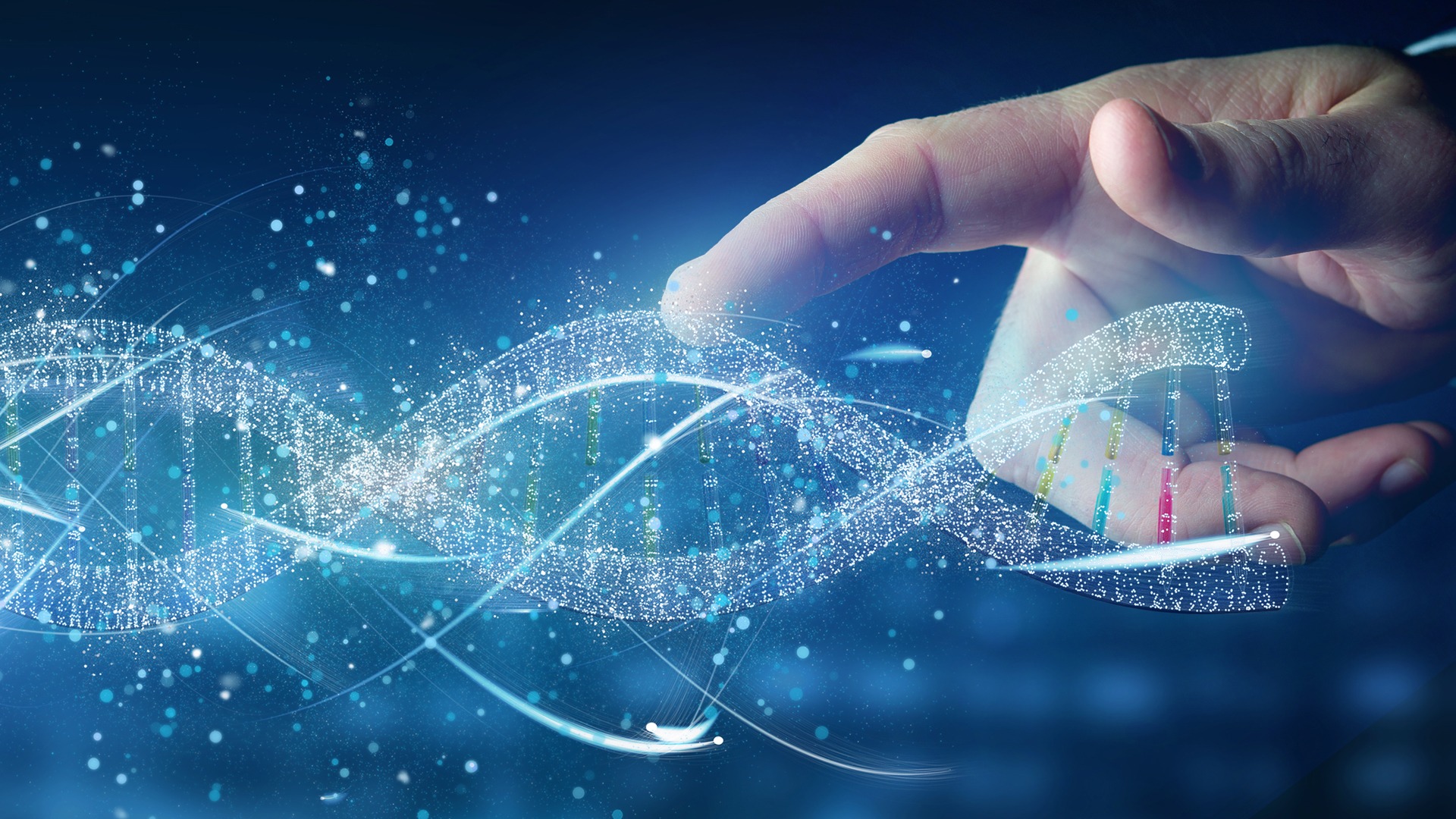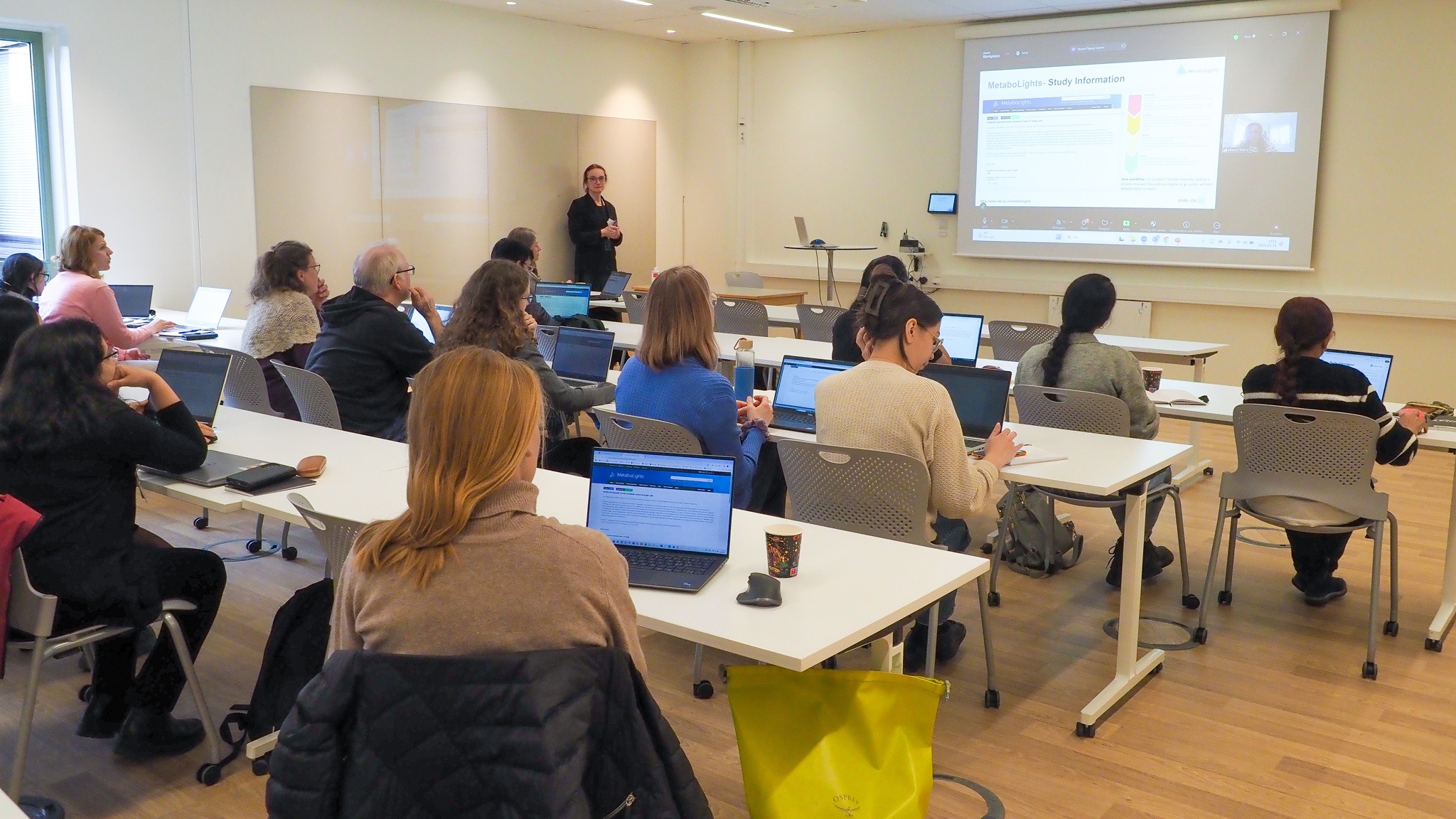New DDLS Fellow: Andreas Luttens
The SciLifeLab & Wallenberg National Program for Data-Driven Life Science (DDLS) continues to recruit outstanding early career scientists. Our latest Fellow, Andreas Luttens (Karolinska Institutet), talks about using data-driven methods in the hunt for new antivirals and antibiotics, in our latest Q&A-style article. Andreas will be joining the DDLS Epidemiology and biology of infection research area.
Andreas studied chemistry at Ghent University in Belgium, where he specialized in the synthesis and conformational behavior of complex organic molecules. For his doctoral studies, he moved to Uppsala, earning a degree in molecular life sciences under the supervision of Jens Carlsson. His doctoral thesis focused on developing strategies to computationally design molecules that interact with proteins implicated in a wide range of diseases. Andreas’ work on COVID19 antivirals earned him the Prize for Excellence in Molecular Design. A Fellowship from the Wallenberg Foundation later supported his postdoctoral research at the Massachusetts Institute of Technology, where he worked under the guidance of James Collins, designing new antibiotics using artificial intelligence.
How do you think your expertise can contribute to the program?
My research sits at the intersection of biology, chemistry, and computer science. I am experienced in metabolizing vast datasets using high-performance computers while also applying a chemist’s intuition to spot promising molecules in our predictions. The most rewarding aspect of my work is seeing the tools I develop validated through collaborations with experimentalists. My part-time role as a bioinformatician supporting early-phase drug discovery projects at NBIS has shown that the protocols I develop are broadly applicable, extending beyond infectious diseases. I believe all researchers seeking chemical probes to interrogate their biological systems could benefit from our expertise. I very much look forward to contributing to the program and forging new collaborations.
Shortly describe your research in an easy to understand way.
I am interested in how we can leverage computer models to accelerate drug discovery campaigns. Traditional approaches that aim to identify bioactive compounds rely on testing individual molecules from a tangible collection of chemical substances. While these collections may contain over a million compounds, they represent only a minuscule fraction of the theoretical drug-like chemical space, which is estimated to encompass more than 1060 molecules. Our computational oracles help identify the most promising molecules for experimental evaluation by navigating vast chemical libraries in the search for the next great antivirals and antibiotics.
How do you think the program and interactions with the other DDLS-Fellows will benefit you?
The DDLS program provides generous support for me to establish myself as an early-career scientist. The collective demand for infrastructure supporting data-driven research will also help us build a robust platform that can accelerate early-phase drug discovery projects. Additionally, the program’s extensive training and networking opportunities will not only broaden the perspectives of both me and my future team members but also foster exciting new collaborations. Moreover, discussions with more senior Fellows on leading and growing a successful research group will be an invaluable resource.
Name one thing that people generally do not know about you.
I can be an adrenaline-junkie when scuba diving. I feel perfectly comfortable in deep or pitch-black waters, yet standing on a balcony or a flight of stairs can easily make my head spin.
Where do you see yourself in five years regarding the DDLS aspect?
In five years, I hope to have fostered excellent young scientists capable of tackling the most challenging drug discovery projects. By both developing and applying even stronger computational tools, I hope to have identified several promising starting points of therapeutics combating emerging infectious diseases.
In one word, describe how you feel about becoming a DDLS-Fellow.
Determined!
